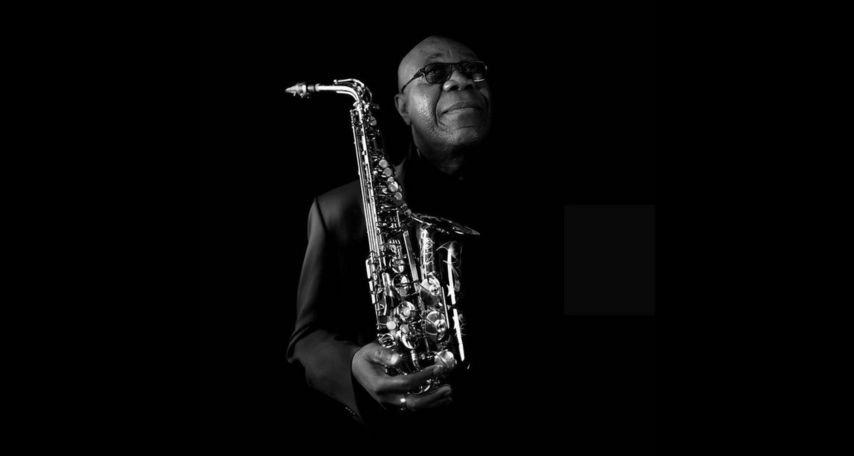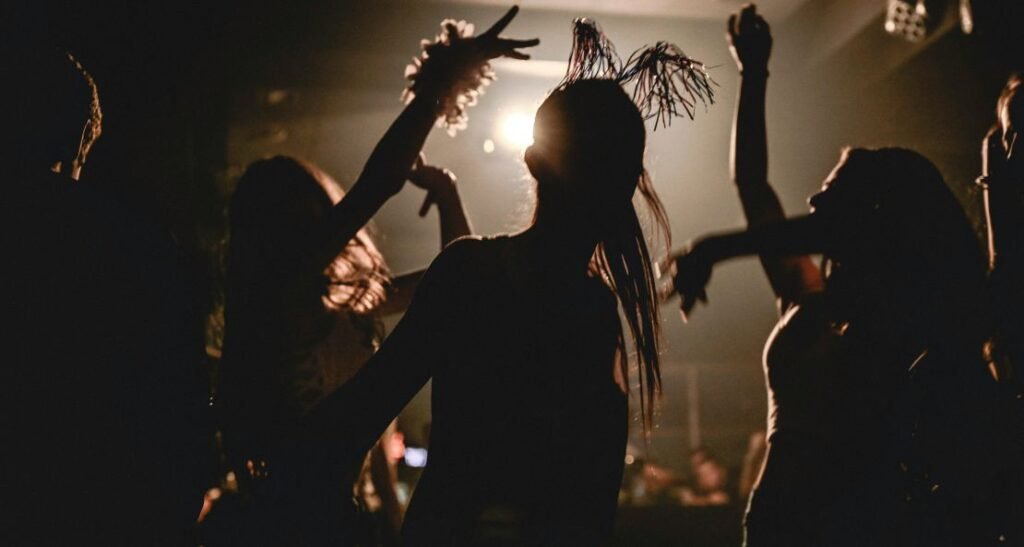The Afro-Funk Roots

Dive into the history books, and you won’t find many phrases that shake the dance floor quite like “mama say mama-sa mamakusa.”
This catchy sequence of sounds first popped onto the scene in the 1970s, riding the waves of Cameroonian saxophonist Manu Dibango’s infectious tune, “Soul Makossa.”
This track wasn’t just music; it was a funk-infused passport to rhythmic ecstasy, melding jazz zing with African beats.
The Language Behind the Groove
While everyone loves to belt out “mama say mama-sa mamakusa,” not many can tell you what it means.
Linguists and musicologists have tangoed over its origins, suggesting it might stem from Duala, a language spoken in Cameroon, where “makossa” quite fittingly means “dance.”
It’s like Dibango was secretly inviting his listeners to groove, and they didn’t even need to understand the words to feel the vibe!
Michael Jackson’s Iconic Spin
Fast forward to the 80s, and who do we find giving these words a new lease on life?
None other than Michael Jackson, the King of Pop himself, in his hit “Wanna Be Startin’ Somethin’.”
MJ tweaked the chant to “mama say mama sa mama coosa,” a version that had everyone from toddlers to grandmas grooving.
However, this wasn’t just a hit parade—it sparked a legal tango with Dibango over copyrights. Talk about drama in the music biz!
Legal Beats and Cultural Echoes
The chant didn’t just make waves on the dance floor; it stirred up its share of legal drama too. Manu Dibango, at 75, stepped into the legal arena against not only Michael Jackson but also R&B star Rihanna.
Dibango claimed that both artists used “mama say mama sa mama coosa,” a variation of his iconic line from his 1972 afro-funk hit, “Soul Makossa,” without permission.
Jackson had incorporated it into his ’83 thriller, “Wanna Be Startin’ Somethin’,” while Rihanna sampled Jackson’s version for her 2007 hit “Don’t Stop the Music.”
The disputes highlight the enduring influence and complex legacy of Dibango’s catchy phrase in the music industry.
Lost in Translation—Or Just Misheard?
The saga of “mama say mama-sa mamakusa” wouldn’t be complete without a chuckle over how many ways it’s been misheard and misspelled.
It’s the musical equivalent of “Pass the message,” with each artist adding their own flair.
This lyrical telephone game showcases just how much we love to put our own spin on things, even if it means creating a whole new dialect of pop lyrics.
Why We Can’t Get Enough
So, why does “mama say mama-sa mamakusa” keep bouncing back into the spotlight? It’s more than just an earworm.
This phrase is a bridge between cultures, a musical wink that ties the thumping heartbeats of Afro-funk to the slick production of global pop.
It’s a clear demonstration of how a few simple sounds can capture the imagination, filling dance floors and sparking debates decades later.
Whether it’s a nod to the dance roots of “makossa” or just a fun set of sounds that rolls off the tongue, “mama say mama-sa mamakusa” continues to be a beloved mystery in music.
It’s a playful reminder that sometimes you don’t need to understand the words to feel the beat.
So, next time it comes on, whether in a throwback track or a modern remix, let loose and let “mama say mama-sa mamakusa” take over. After all, it’s all about the groove!
You might also like:


